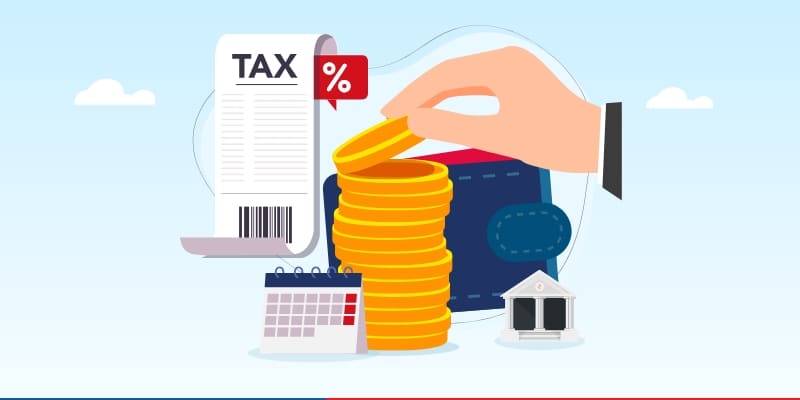Most parents invest regularly for their child’s future — whether for education, long-term security, or wealth creation. But financial educator CA Nitin Kaushik highlights a simple tweak in how these investments are structured that can unlock significant, fully legal tax benefits.

In a detailed post on X (formerly Twitter), Kaushik explained that while income generated from investments before a child turns 18 is clubbed with the higher-earning parent’s income, the real advantage begins once the child becomes an adult.
The strategy is straightforward: instead of investing in mutual funds or equities in the parent’s name, open a minor mutual fund account in the child’s name, with the parent acting as guardian.
“Once your child turns 18, the investments made in their name legally belong to them. Any capital gains from that point onwards are taxed in their hands — not yours,” Kaushik wrote.
With most 18-year-olds earning little to no taxable income, they can take full advantage of:
- Basic exemption limit: ₹3 lakh (old regime) or ₹3.5 lakh (new regime, FY25-26)
- Long-term capital gains exemption: ₹1.25 lakh
This creates a potential ₹4.25–₹4.75 lakh tax-free window every financial year, maximizing the benefits of the same investment.
Kaushik illustrated this with a scenario: investing ₹5,000 per month for 10 years in a minor’s mutual fund could build a corpus of ₹10–₹12 lakh by age 18. Redeeming ₹4 lakh in long-term gains for college or other expenses could attract zero tax in the child’s hands, compared to a 10% LTCG tax if the investment were in the parent’s name.
“Same money. Same investment. Just smarter structure,” Kaushik noted, emphasizing that financial literacy is not only about chasing high returns but also about keeping more of what you earn through smarter planning.
He also highlighted simple compliance steps:
- Treat the investment as a gift to the child and maintain a basic gift record.
- Complete guardian KYC for the minor’s folio.
- Remember that the folio automatically transfers to the child when they turn 18.
“Smart investing isn’t just about your portfolio’s value. It’s about how much stays with your family after taxes. And sometimes, the best financial planner you can have… is your child,” Kaushik concluded.



